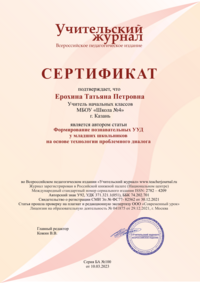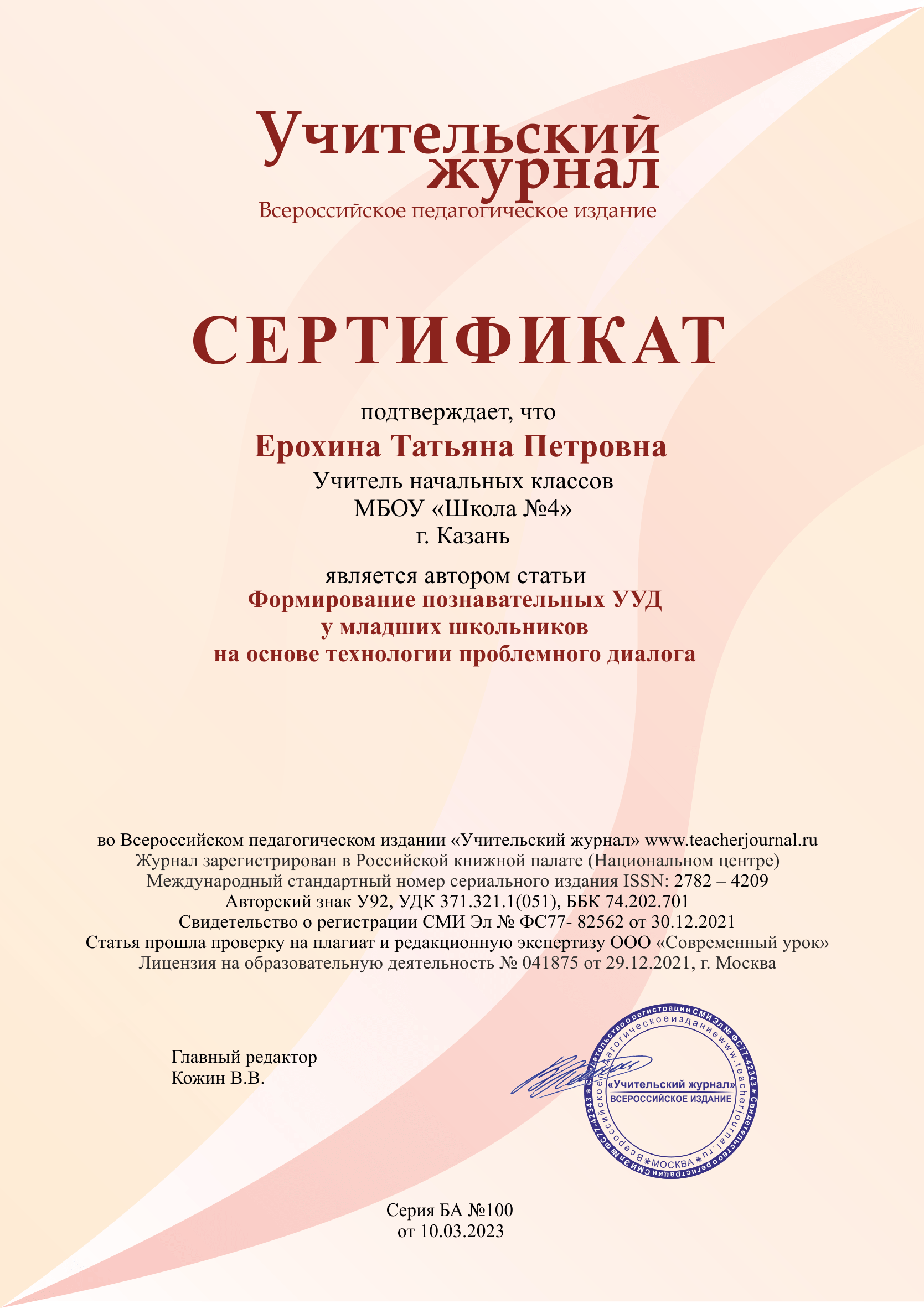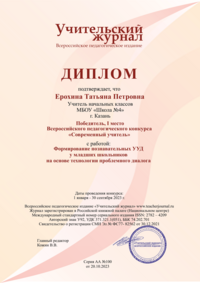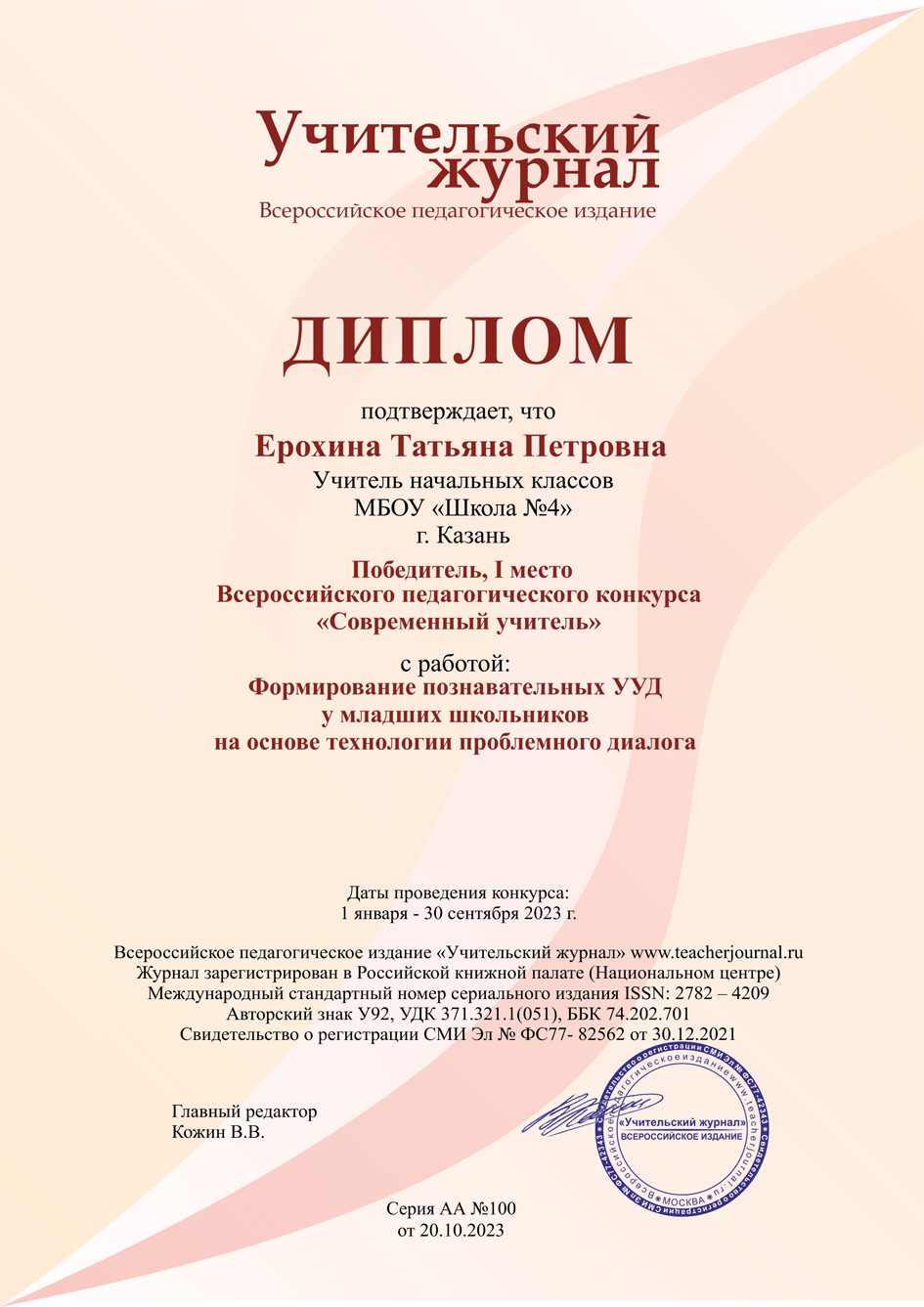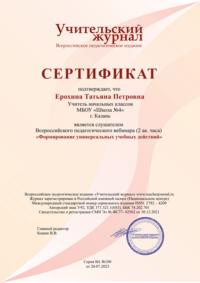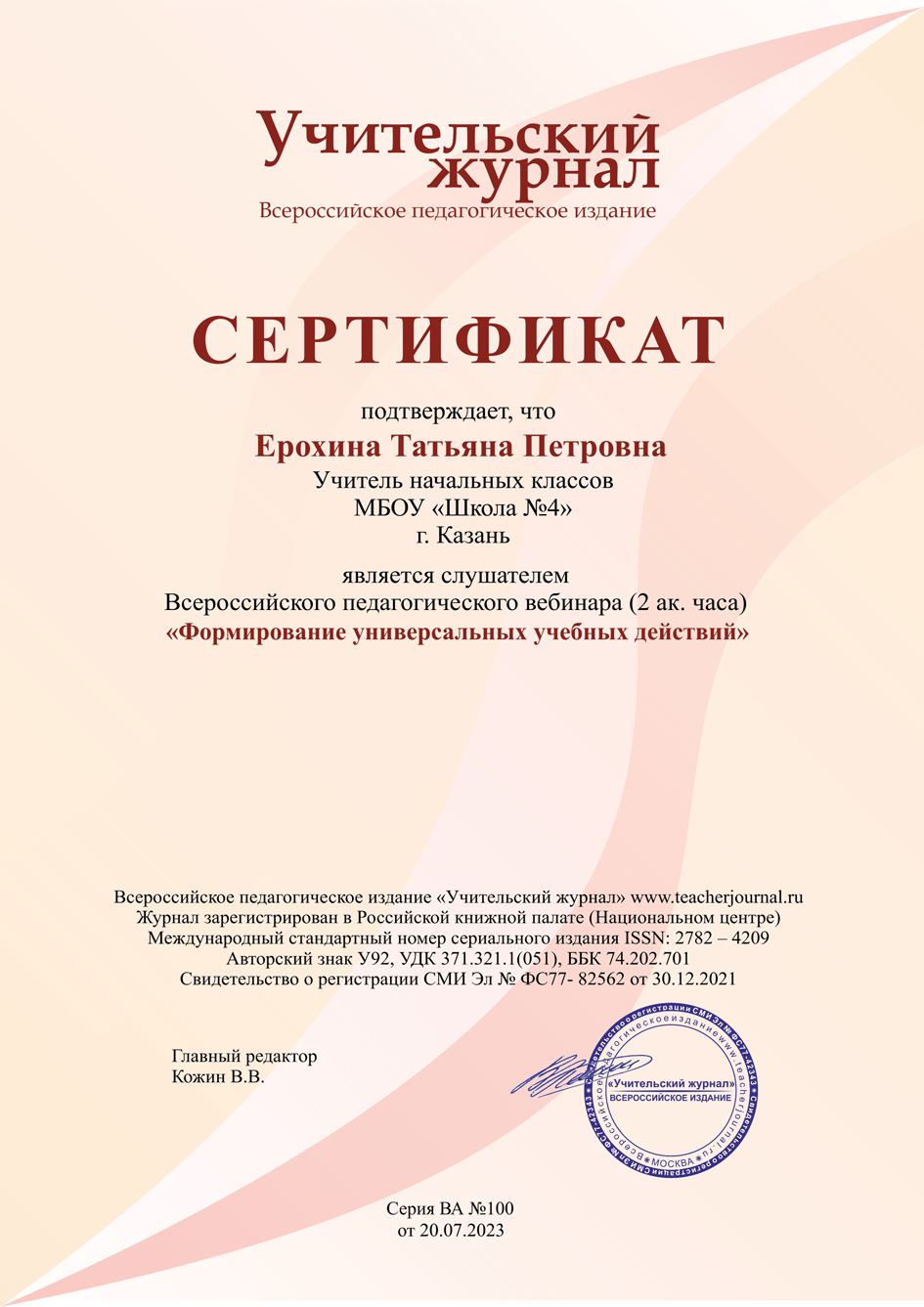Комплекс упражнений на формирование социокультурных компетенций
Автор: Зайцева Ирина Игоревна
Организация: АНОО Ногинская гимназия
Населенный пункт: Московская область, г. Ногинск
Сейчас одной из главных задач учителя на уроках иностранного языка является развить у обучающихся социокультурную компетенцию. Однако часто заданий, представленных в учебно-методических комплексах для развития всех аспектов социокультурной компетенции (лингвострановедческого, культурологического, социолингвистического и социально-психологического), недостаточно.
Кроме УМК на уроках иностранного языка для развития социокультурной компетенции можно использовать различные дополнительные ресурсы, которые в купе с учебником позволят эффективно сформировать социокультурную компетенцию.
В связи с этим мы разработали комплекс упражнений, направленных на развитие социокультурной и социолингвистической компетенции в дополнение к учебнику «Rainbow English» 10 класс (базовый уровень) О.В. Афанасьева, И.В. Михеева, К.М. Баранова.
Exercise 1.
You will see traditional names for different races and nationalities and the politically correct versions of them. Match them.
|
A |
B |
|
1. Torres Strait islanders
|
A Caucasians |
|
2. Oriental
|
B Native Hawaiian |
|
3. Whites
|
C Native Australians |
|
4. Colored |
D African Americans |
|
5. Australian Aborigines
|
E Asian |
Данное упражнение направлено на овладение учащимися политически-корректной лексики для обозначения этнических и классовых групп.
Exercise 2.
Match the proverbs with their Russian equivalents and then think of a situation in which this proverbs would be appropriate.
|
1. The cat is out of the bag |
a) Береженого Бог бережет |
|
2. It`s better to be safe than sorry |
b) В тихом омуте черти водятся |
|
3. Still waters run deep |
c) Любопытной Варваре на базаре нос оторвали |
|
4. Curiosity killed the cat |
d) Все тайное всегда становится явным |
|
5. The early bird catches the worm |
e) Копейка рубль бережет |
|
6. A penny saved is a penny earnd |
f) Кто рано встает, тому Бог подает |
|
7. Like father, like son |
g) Пришло махом – ушло прахом |
|
8. Easy come, easy go |
h) Яблочко от яблоньки не далеко падает |
Упражнение направлено на овладение и закрепление информации прецедентного феномена (в данном случае - это английские пословицы). Знание универсальных и национально-прецедентных феноменов помогает приобщиться к культуре страны изучаемого языка.
Exercise 3. Read the text and answer the questions below.
Choose: 1) True 2) False 3) NG (not given)
«BRITISH ETIQUETTE»
The basic cultural norms for residents of European and other developed countries are similar, but there are some peculiarities of etiquette. So, English etiquette is based on the character traits inherent in the British.
Residents of England always follow the rules of etiquette, which amazes many foreigners. English politeness and equanimity in any situation become the subject of ridicule from outsiders, but at the same time, no one will have the desire to call someone who adheres to strict rules of etiquette ill-mannered.
In communication, true Englishmen are restrained and emotionless. It is considered bad form to discuss something loudly, gesticulate, or express your emotions in a different way. Excessive expression of emotions for the British is considered a manifestation of theatricality, and therefore insincerity. Moreover, they will smile at you during a conversation, no matter how they personally treat you.
It is forbidden by the rules of conduct to keep your hands in your pockets while talking. Hands should always be in sight of the interlocutor. Like many other nations, this is considered a sign of openness and sincerity.
All conversations in English society are reduced to discussing the weather, news and other unimportant things. Even during a business conversation, they have a conversation on neutral topics for some time. Asking too personal questions, asking about money and family relationships in England is not customary. It is considered absolutely normal to answer the question "How are you?" answer "And how are you?" The British try not to initiate anyone into their personal life and expect the same attitude from others.
The people's adherence to traditions does not even allow them to be late for lunch or dinner in their own home, as well as the well-known traditional five-hour tea drinking. Etiquette is observed by everyone at the table and even in their own home. All cutlery necessary for a specific meal should be used at home, as well as during social events and feasts in a restaurant. During a secular lunch or dinner, it is not customary to communicate in a whisper with a neighbor at the table.
|
The rules of etiquette in Russia and England are similar |
1) TRUE
|
2) FALSE
|
3) NG
|
|
English people love to gesticulate during conversation |
1) TRUE
|
2) FALSE
|
3) NG
|
|
The interlocutor should see your hands during the conversation |
1) TRUE
|
2) FALSE
|
3) NG
|
|
An Englishman who openly went into conflict is nonsense. |
1) TRUE
|
2) FALSE
|
3) NG
|
|
The British try not to initiate anyone into their personal life but they don`t expect the same attitude from others. |
1) TRUE
|
2) FALSE
|
3) NG
|
|
At lunchtime at a company, communication with everyone is considered cultural. |
1)TRUE
|
2)FALSE
|
3)NG
|
Упражнение направлено на развитие умения извлекать социокультурную информацию из текста и параллельно на знакомство с нормами этикета представителей изучаемого языка.
Exercise 4.
Let's compare and discuss the social customs of two countries - Russia and England.
|
|
UK |
Russia |
|
If a man invited a girl to dine, it is customary that he will pay |
|
|
|
It is normal to take off your shoes when you go into smb's house. |
|
|
|
It is Ok for young people to hold hands and kiss in the street. |
|
|
|
Children and teenagers should give up their seats on buses to older people. |
|
|
|
It is normal to stare at other people on the bus |
|
|
|
If you are invited to see smb, it would be appropriate to come with a small gift |
|
|
|
If you are invited to visit, prepare to eat a lot. |
|
|
Данное упражнение направлено на сравнение двух культур, происходит овладение знаниями национально-психологических особенностей представителей изучаемого языка.
Exercise 5.
Give advice to somebody visiting the UK, using the following expressions:
1. return the gesture; 2. a kiss on the cheek; 3. a firm handshake; 4. make eye contact; 5. talk with your mouth full; 6. a token of thanks; 7. sharing a meal; 8. index finger.
Таким образом, данные упражнения в совокупности с упражнениями, предложенными в учебники, помогут учителю реализовать одну из главных задач- развитие социокультурной компетенции, что в дальнейшем поможет обучающимся эффективно вести межкультурную коммуникацию и не показаться «чужим» из-за незнания норм, правил этикета и других составляющих социокультурной компетенции.

 БЕСПЛАТНЫЕ семинары
БЕСПЛАТНЫЕ семинары